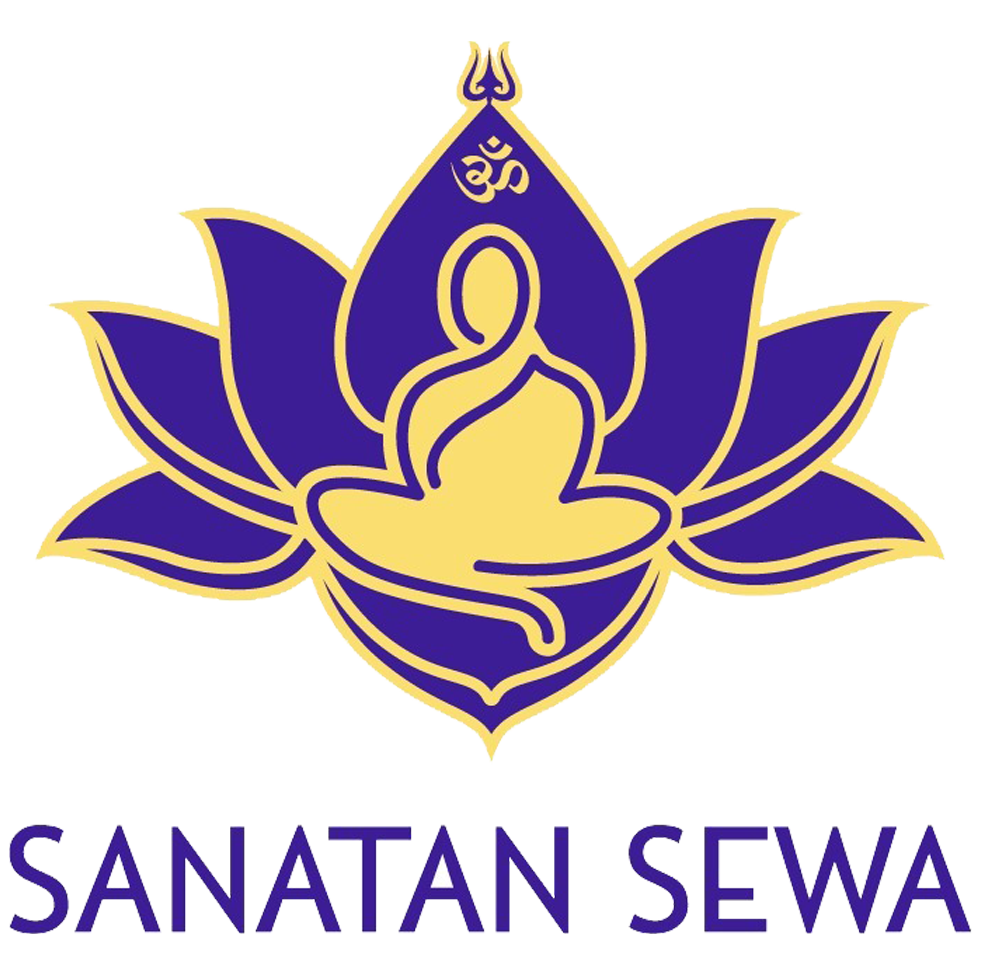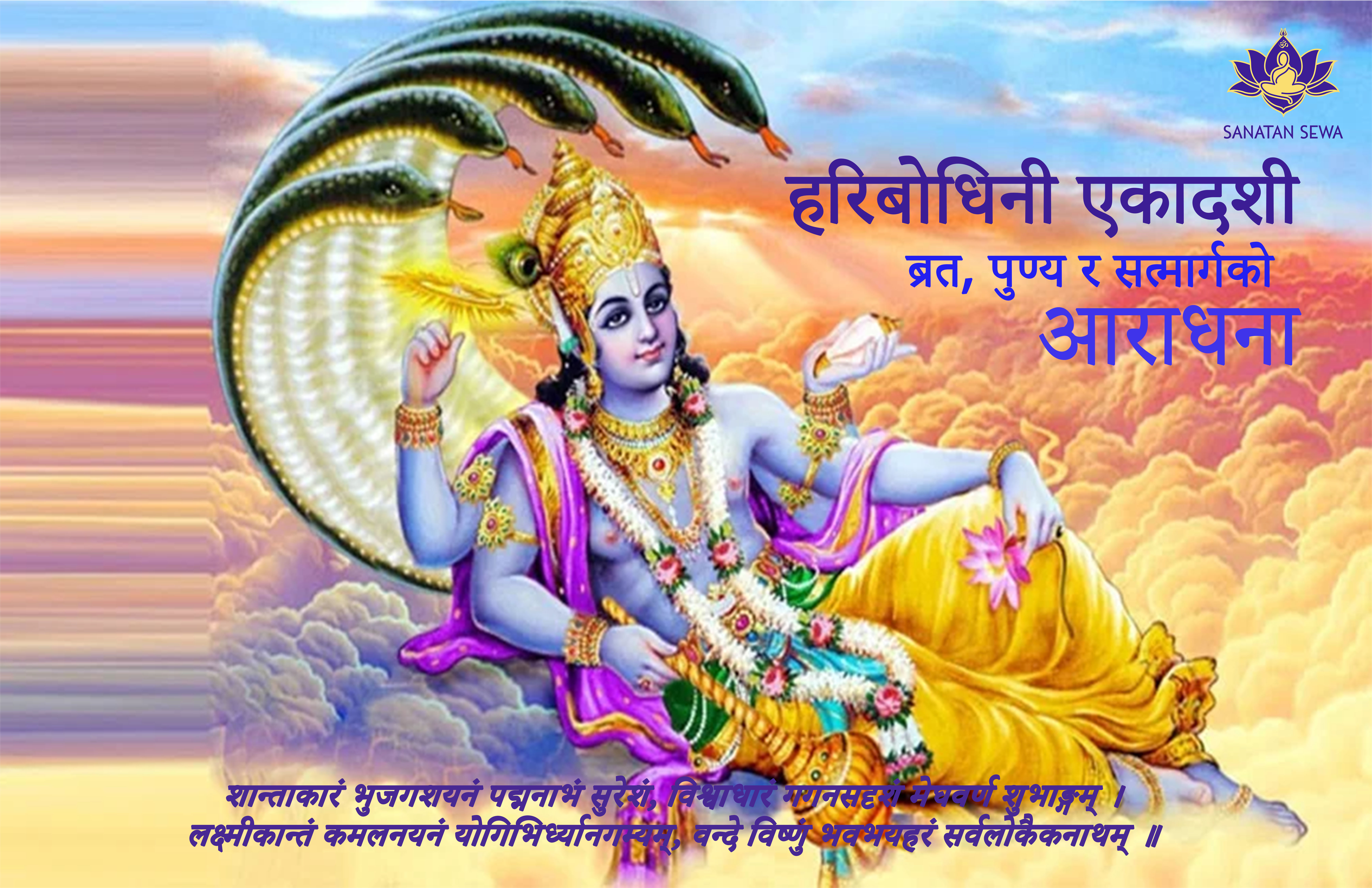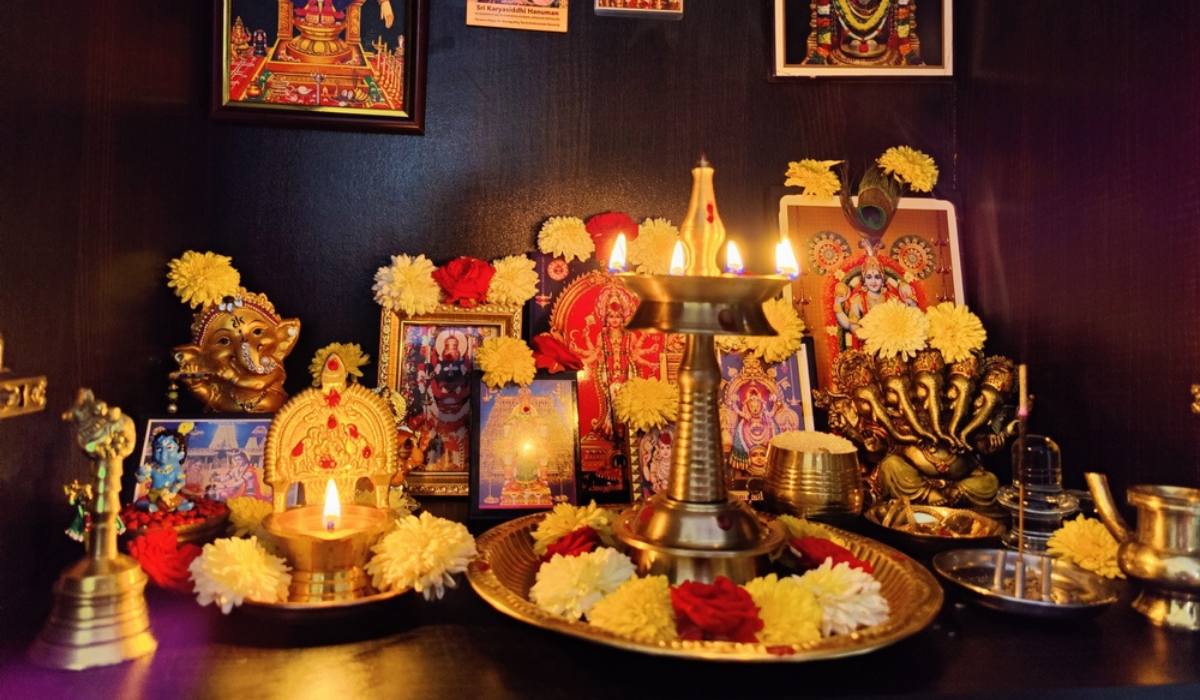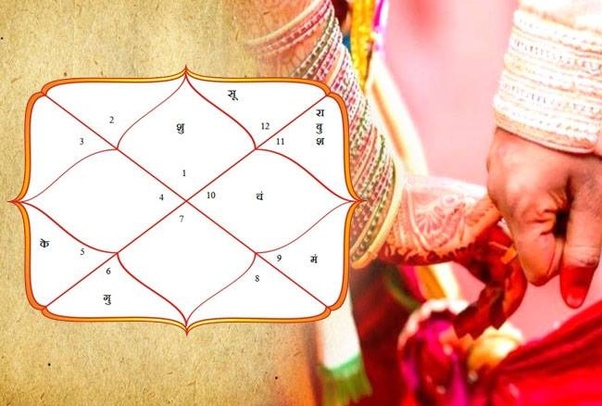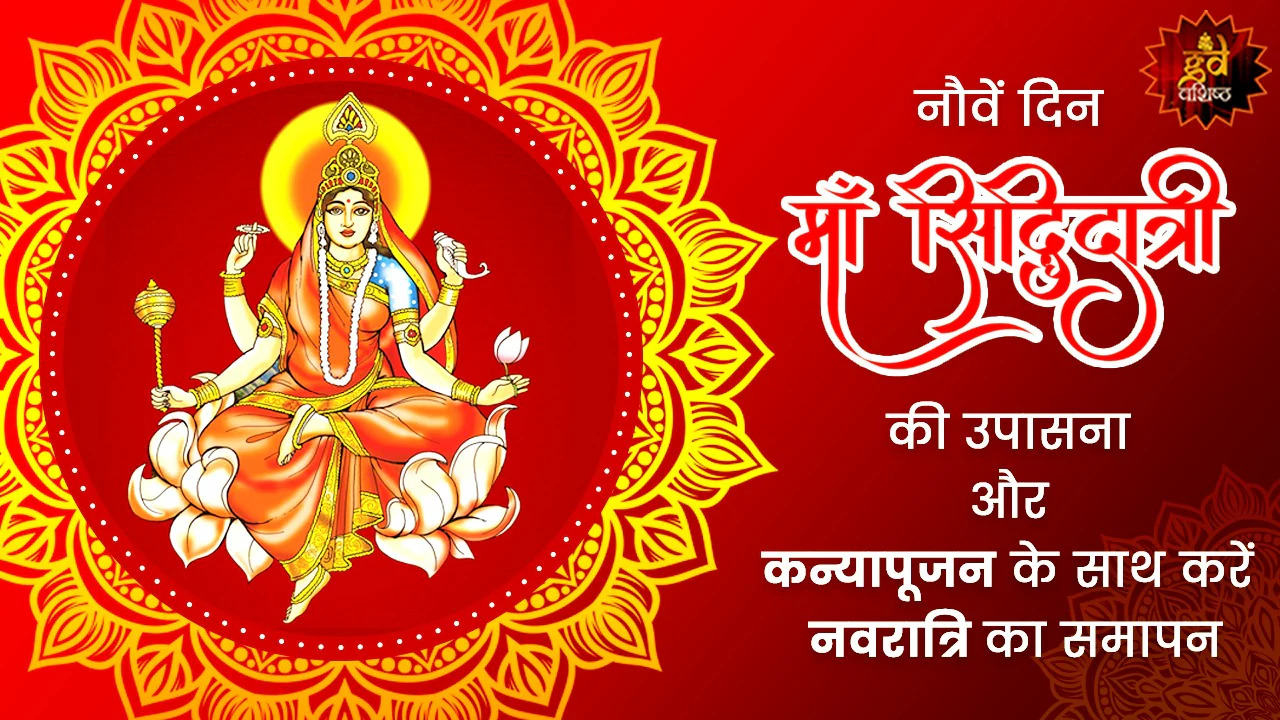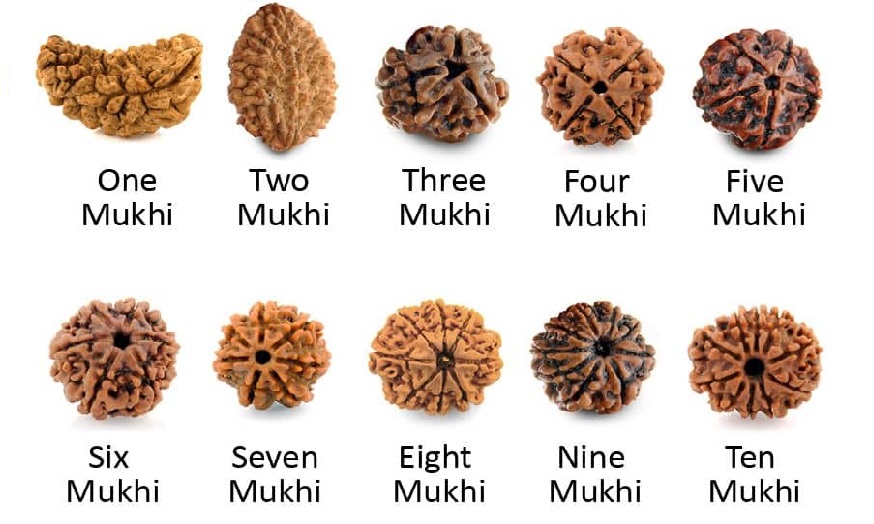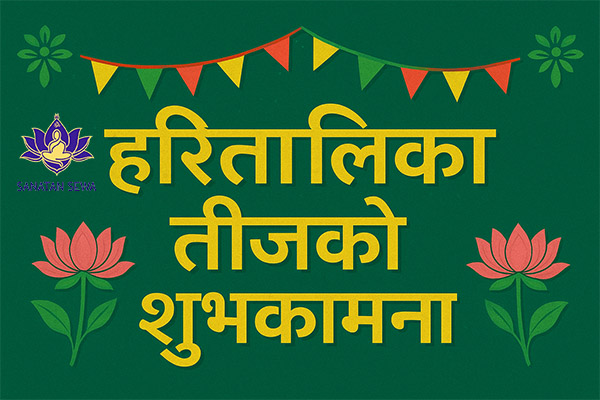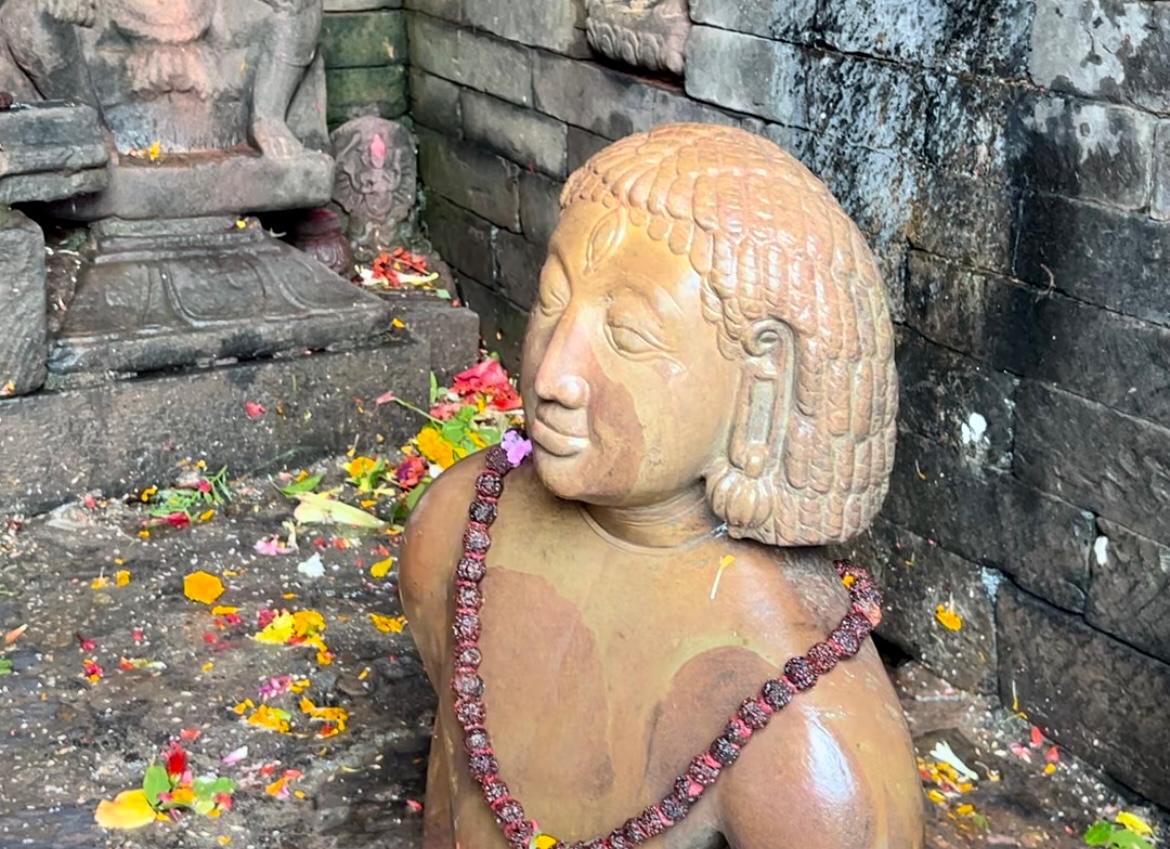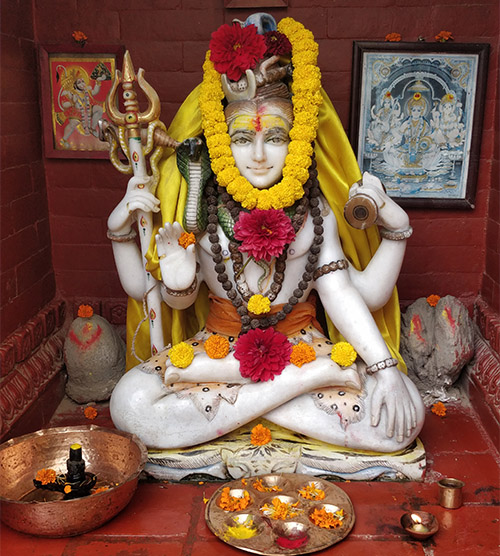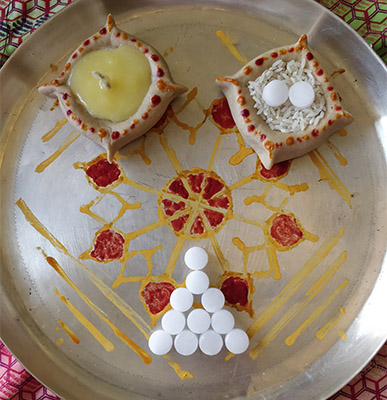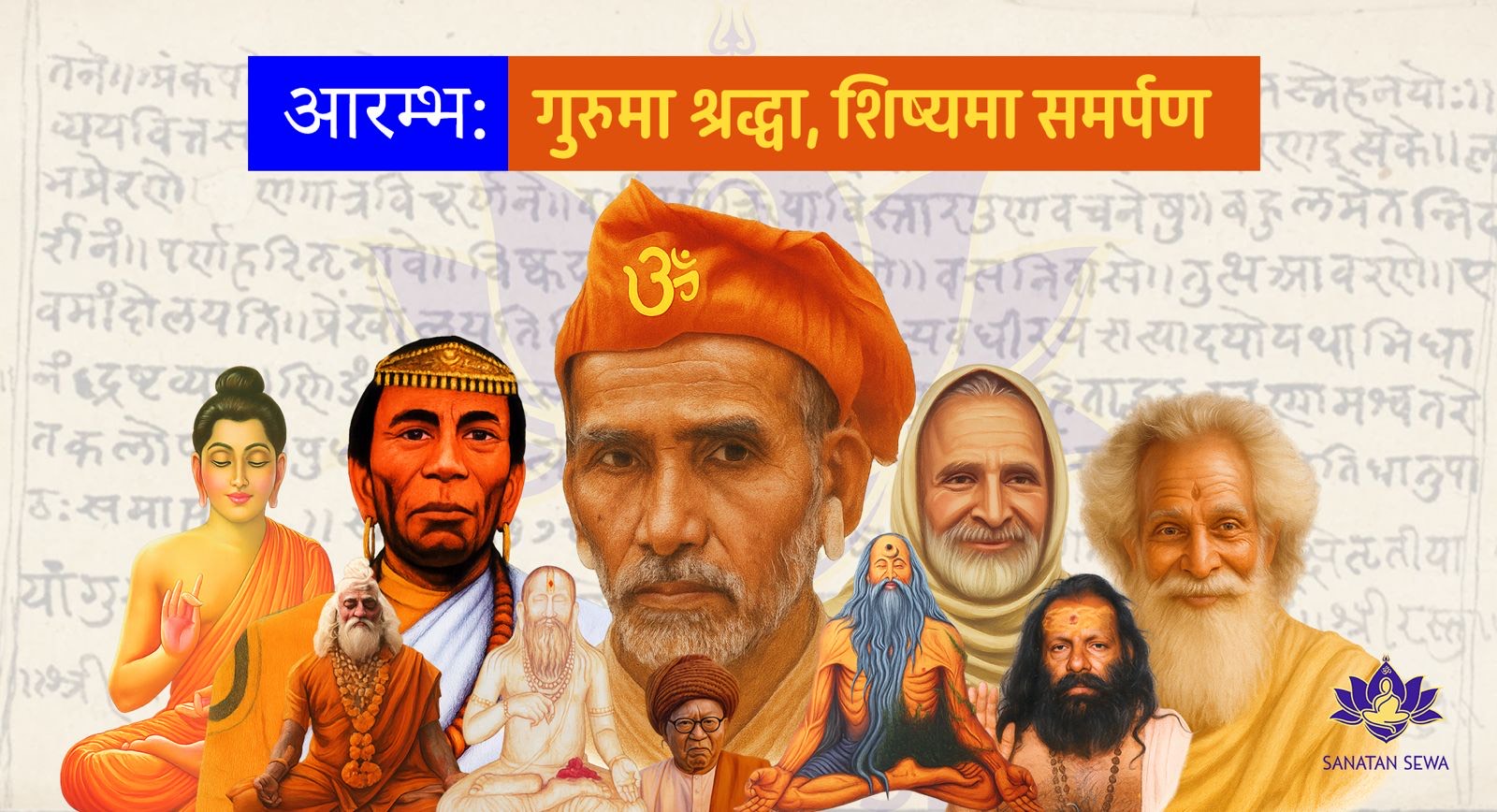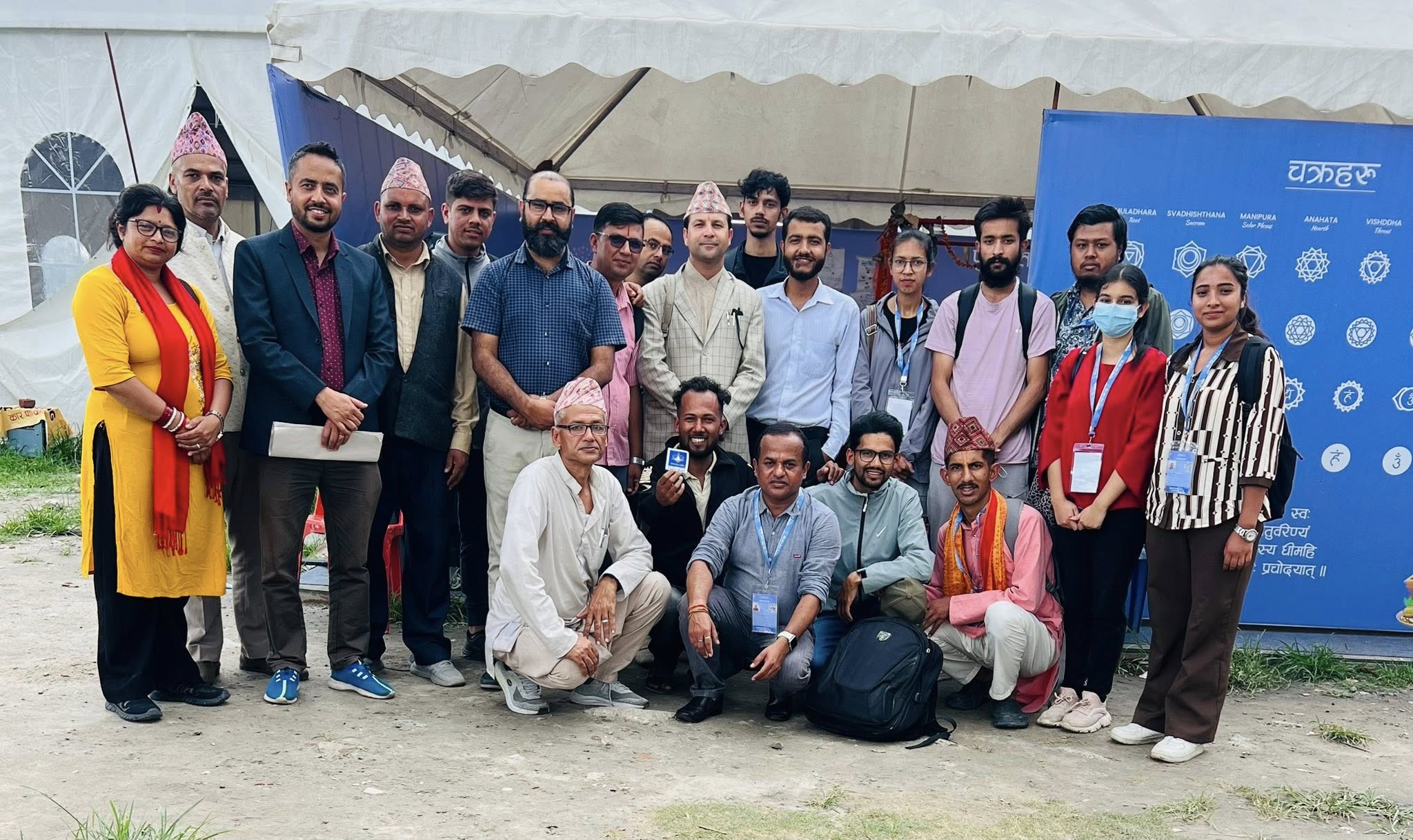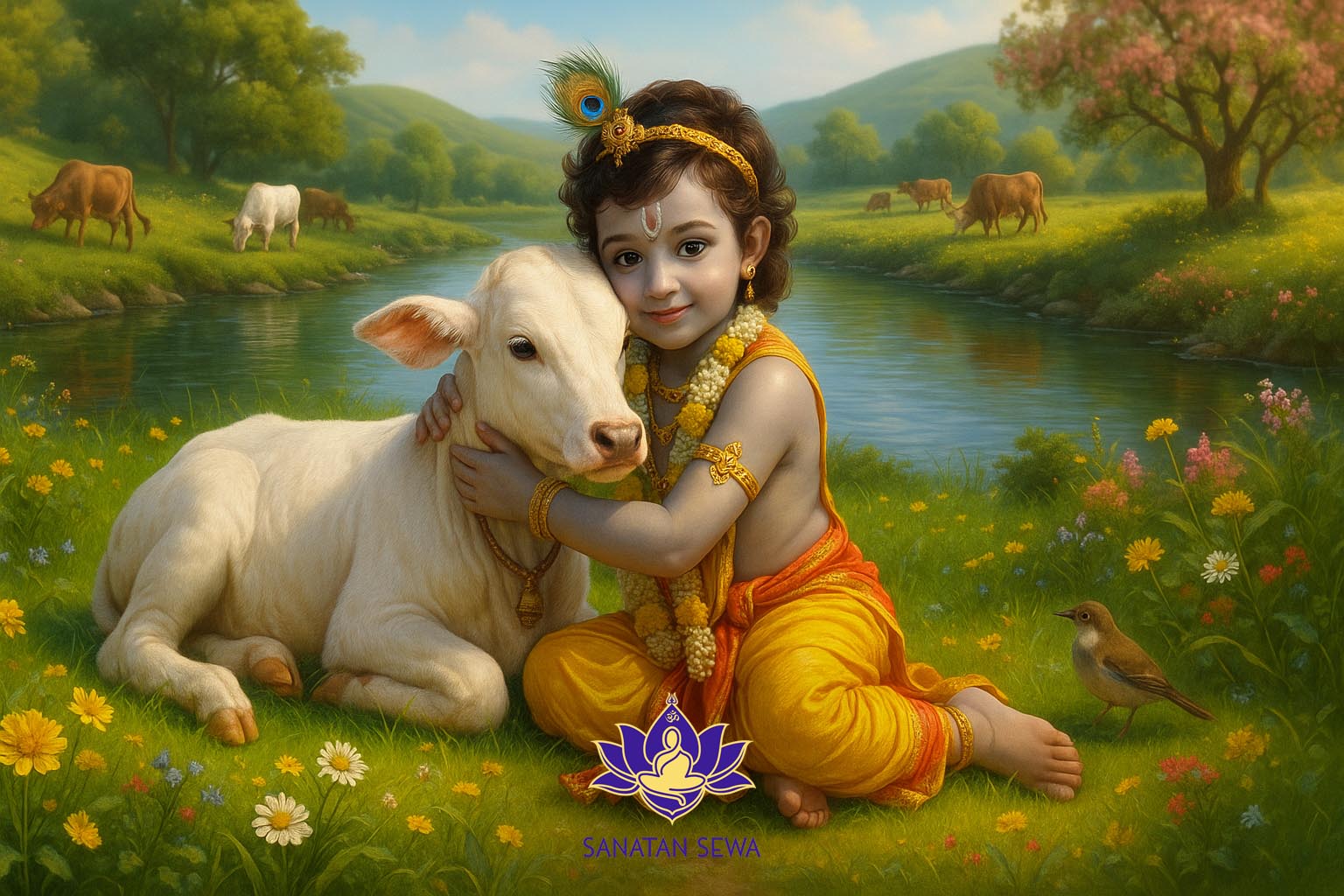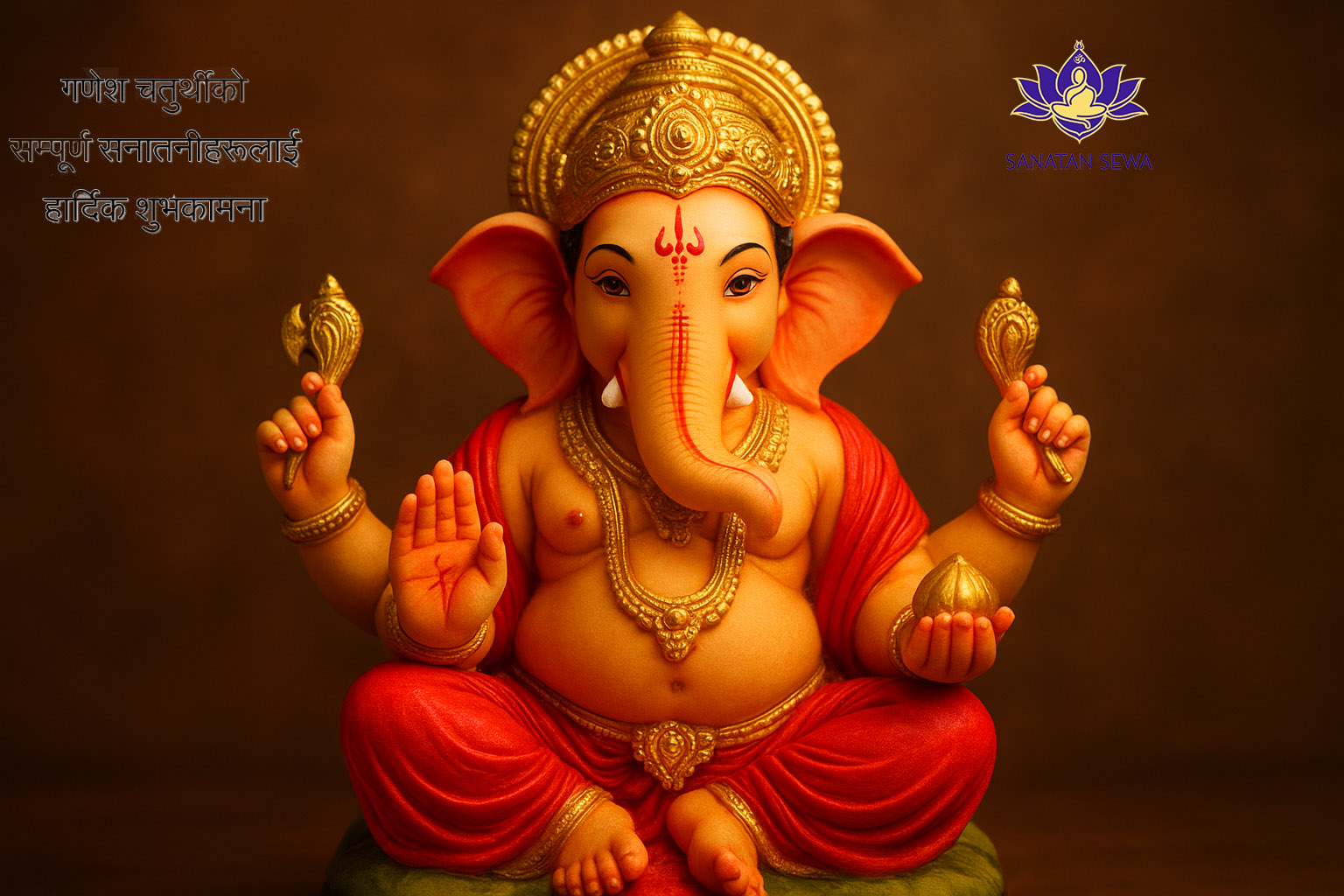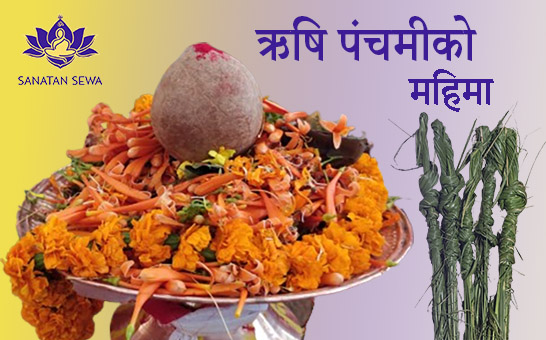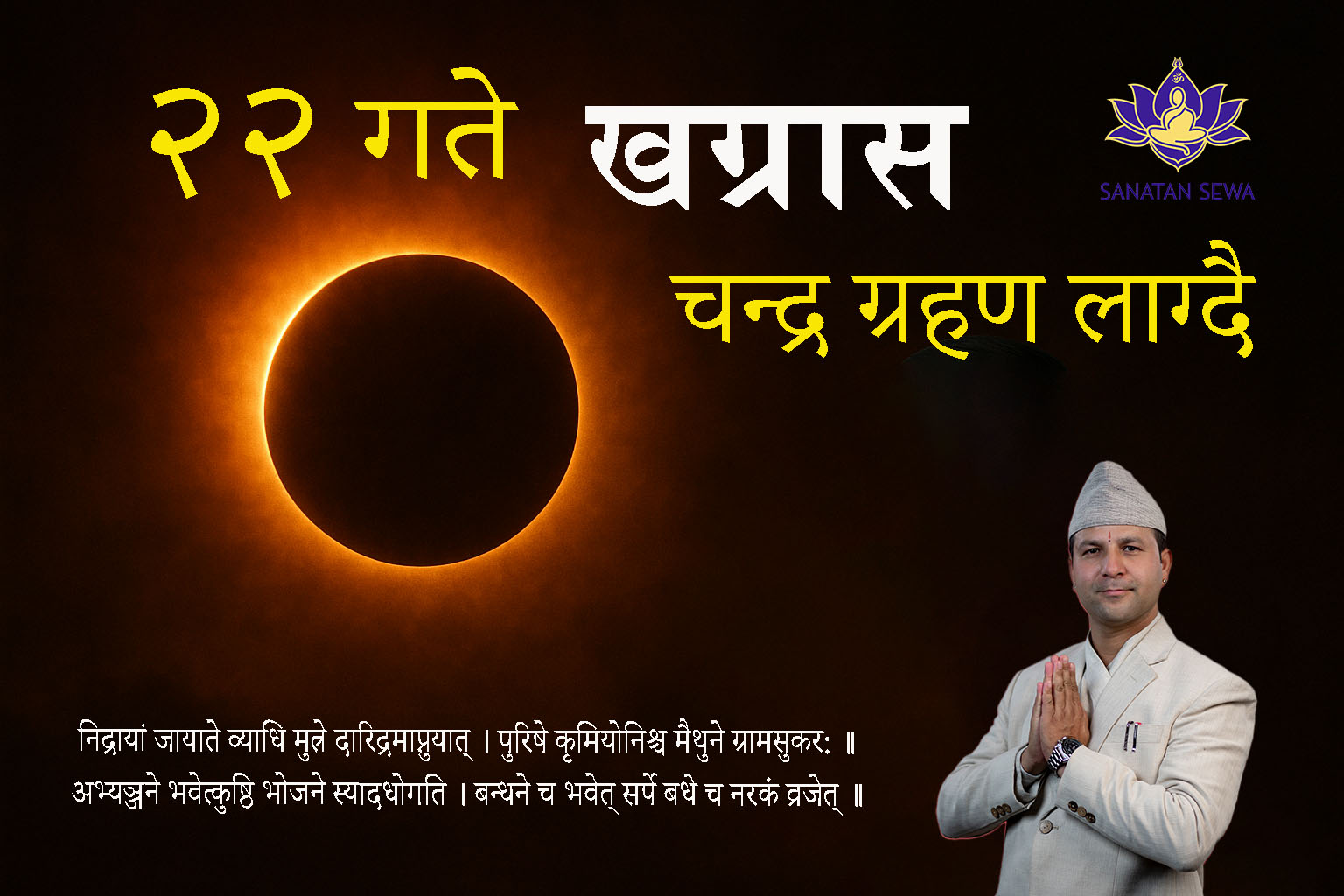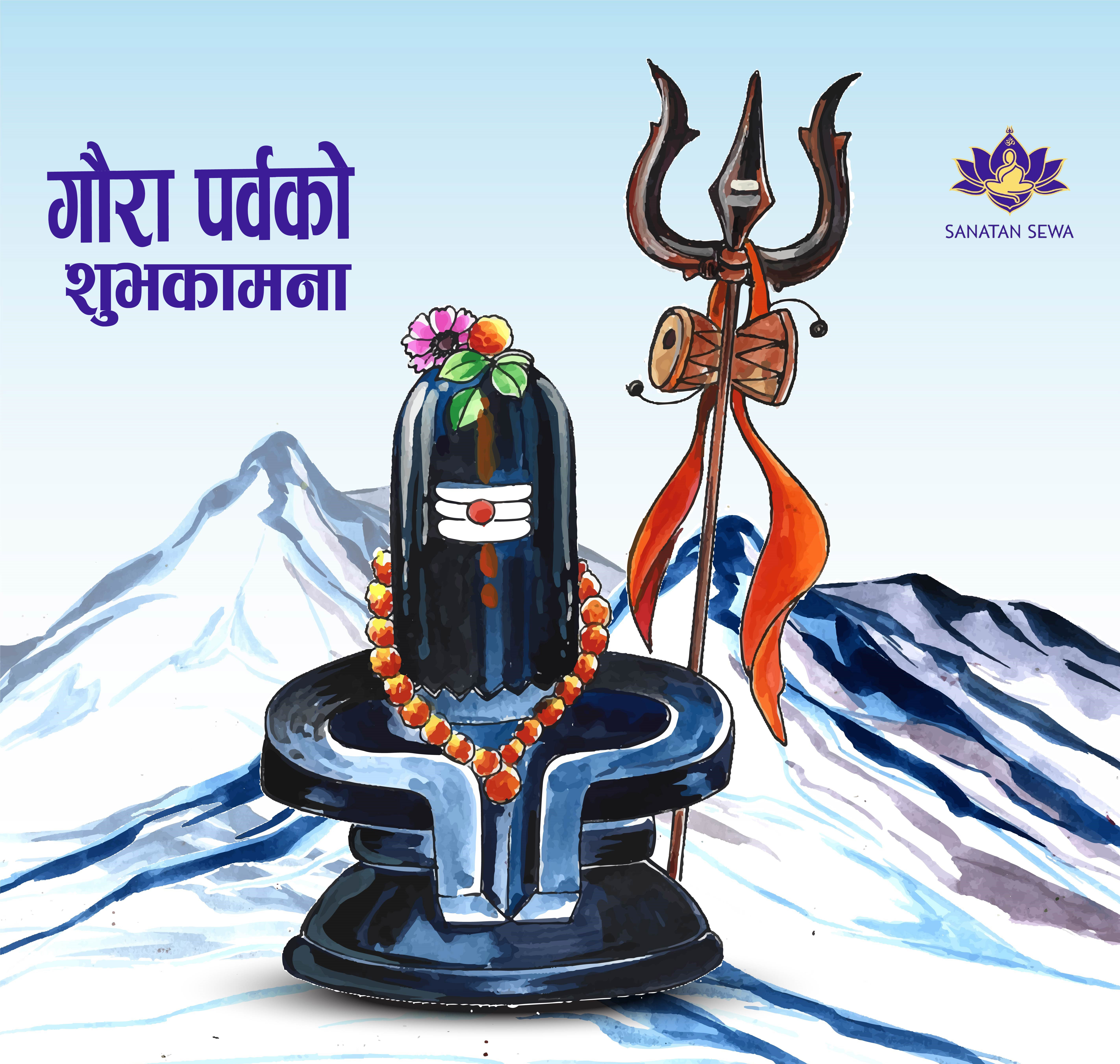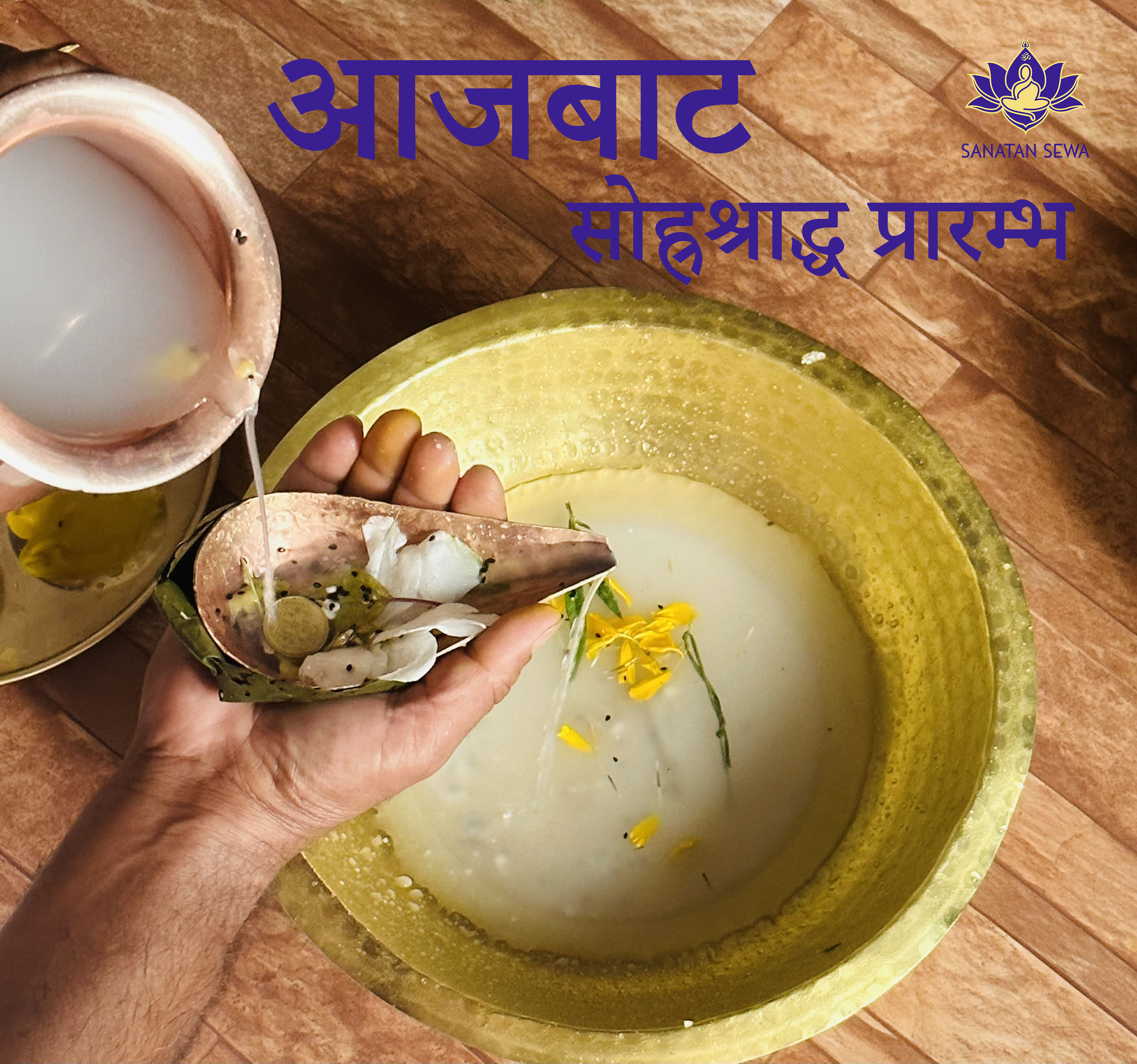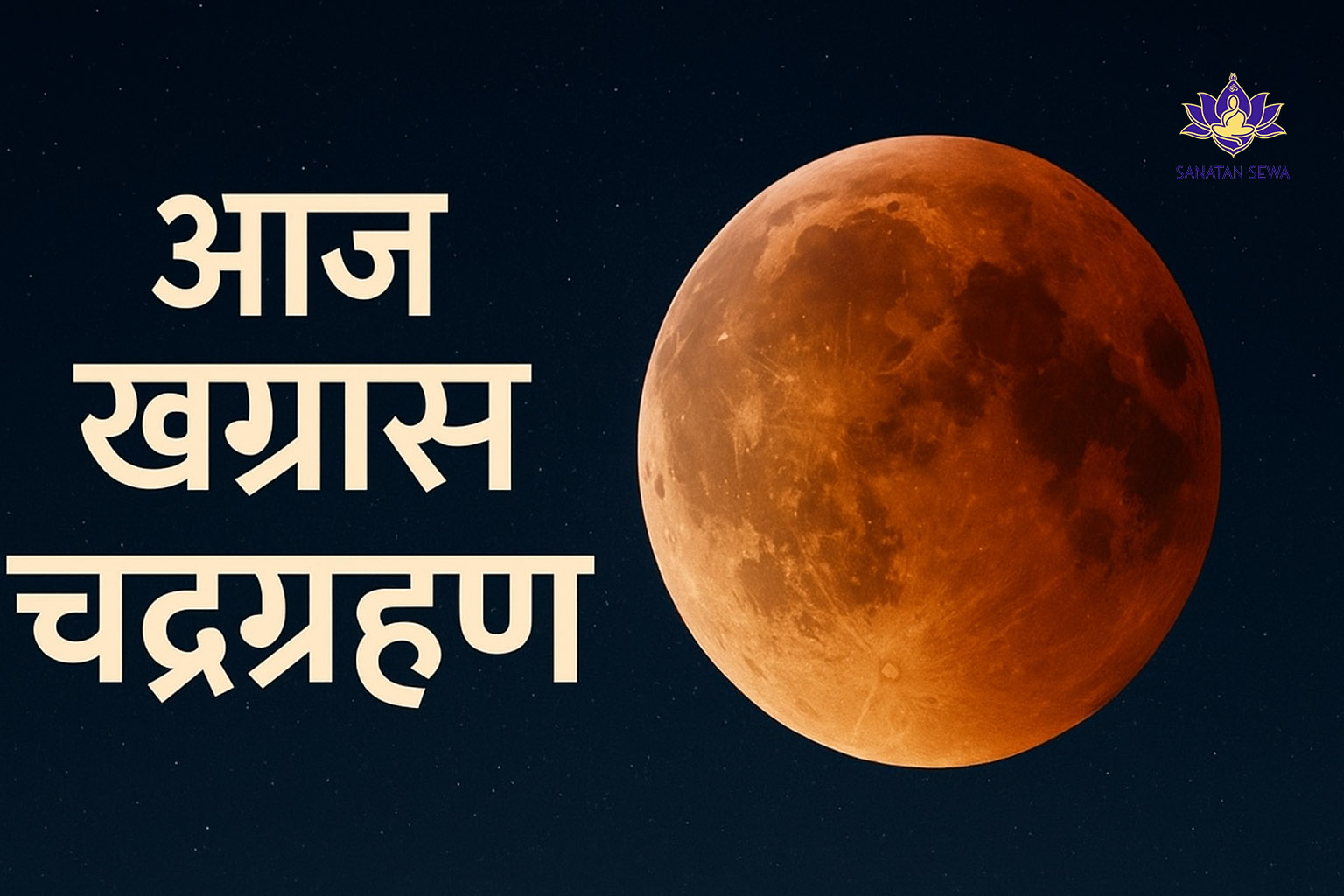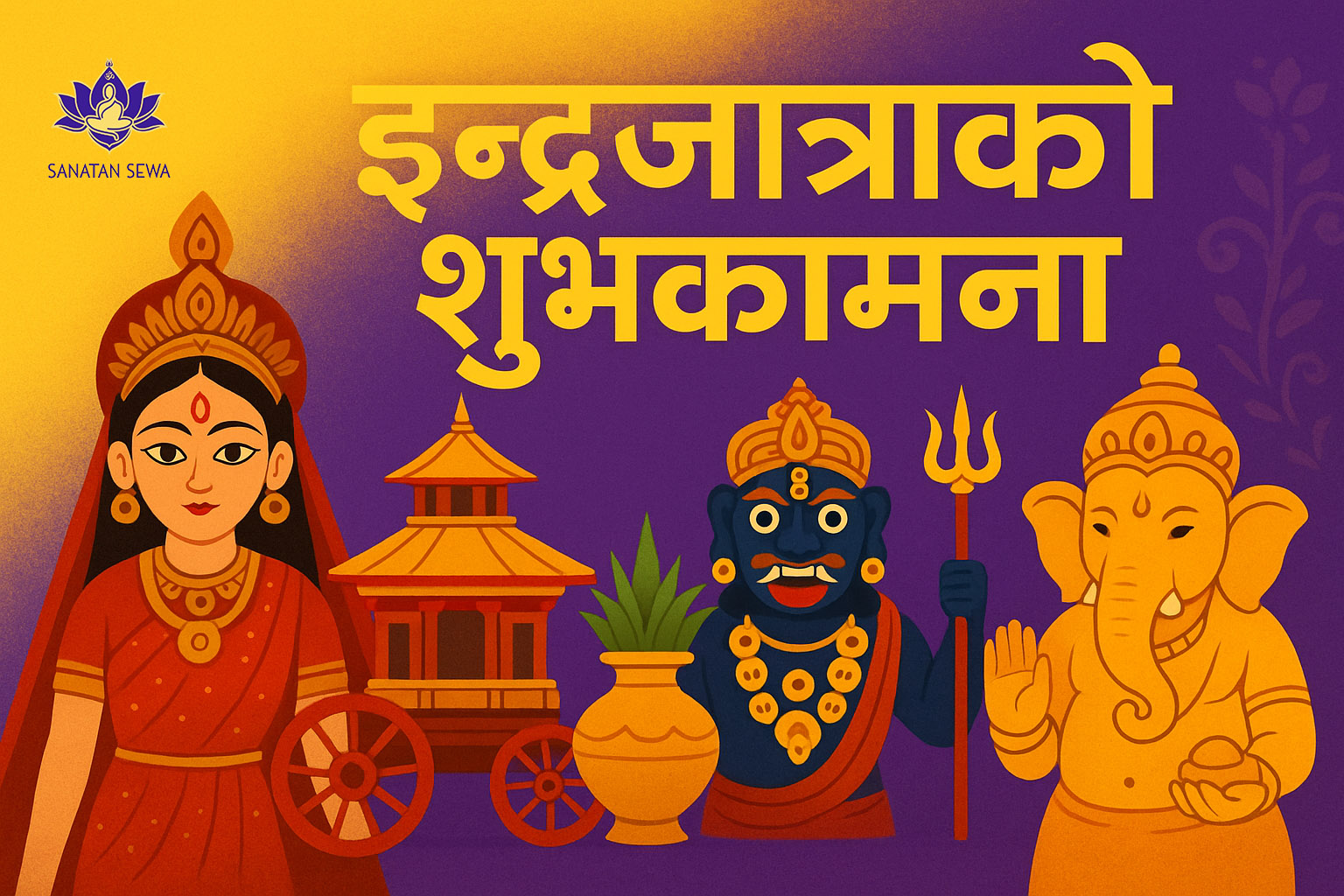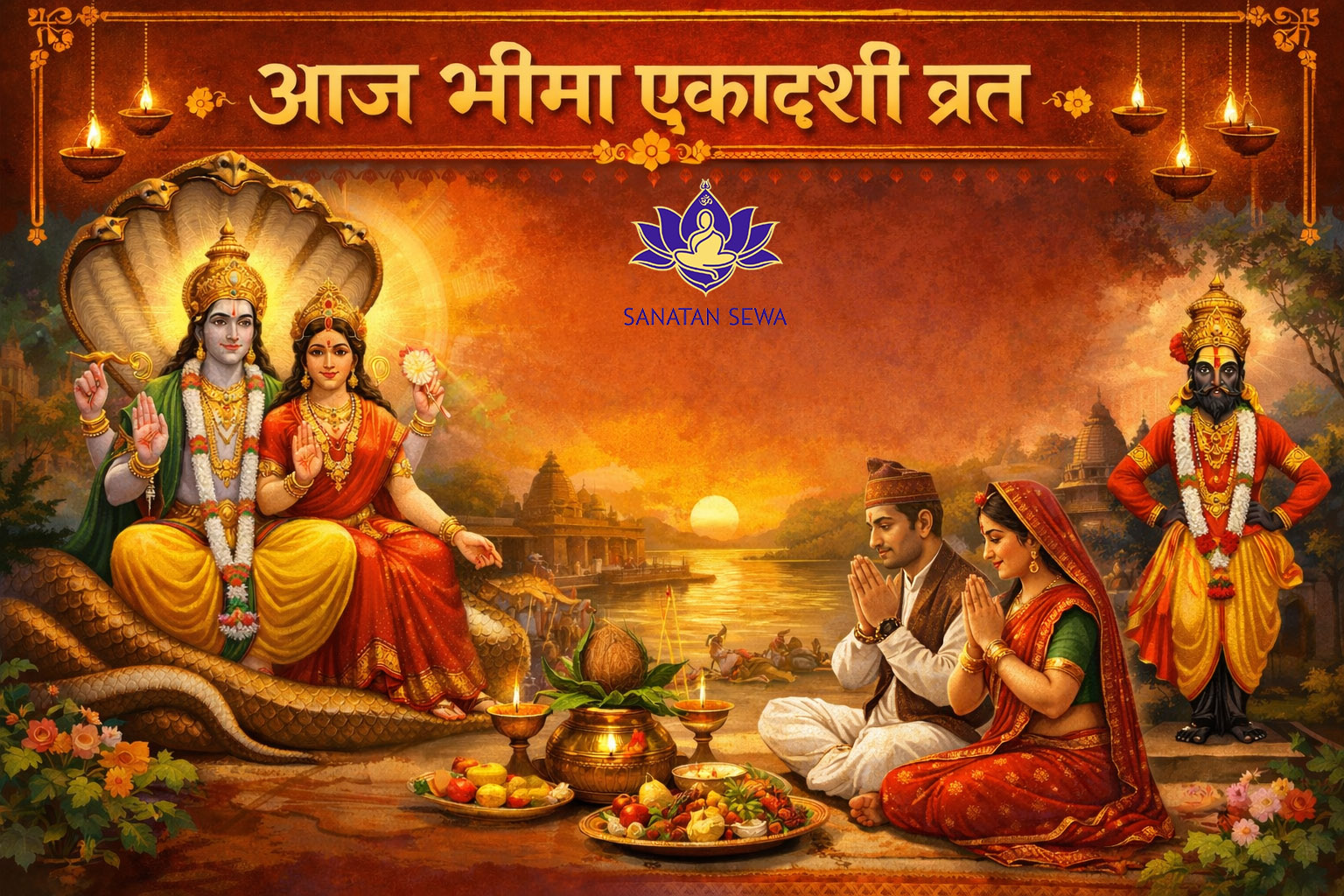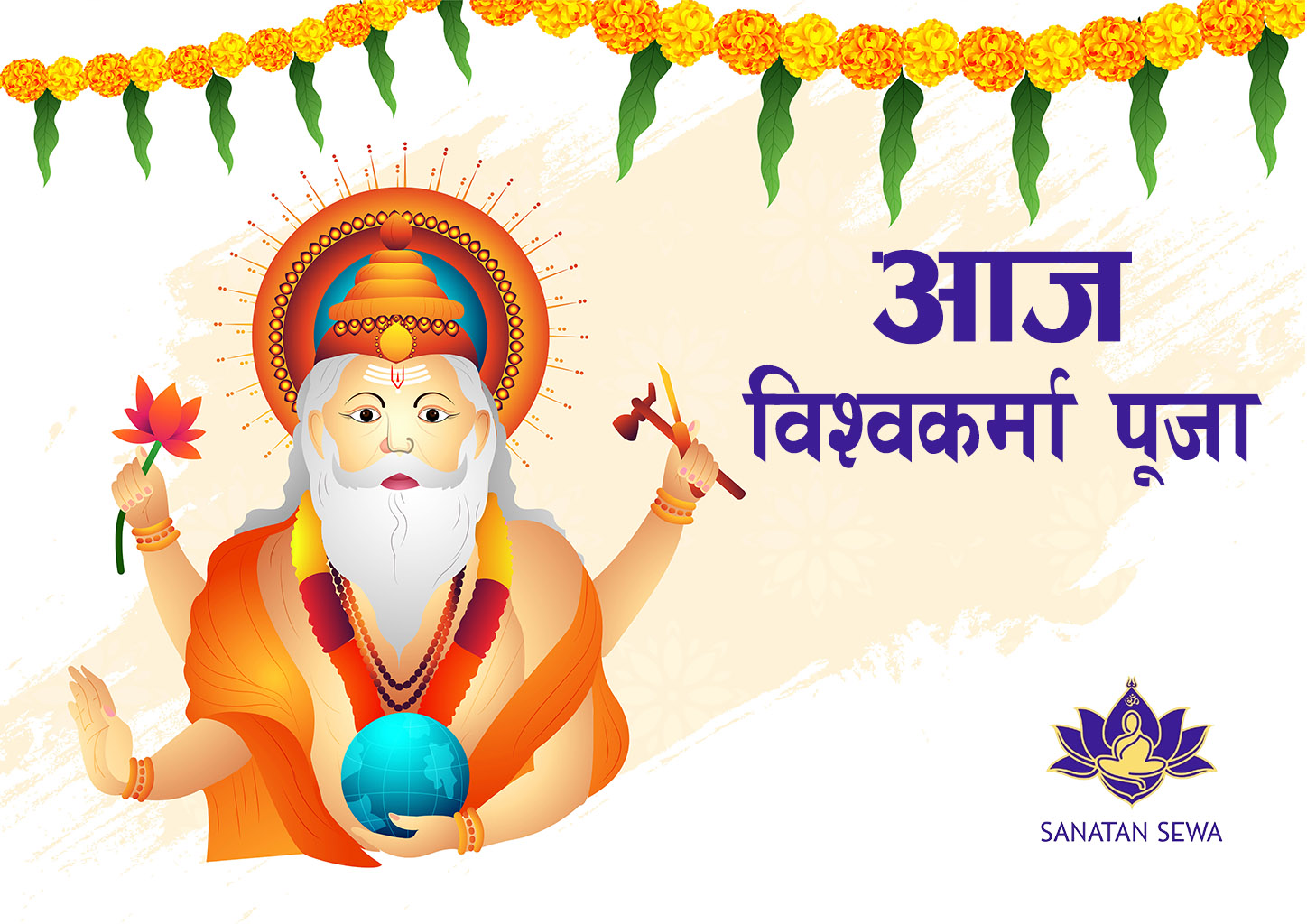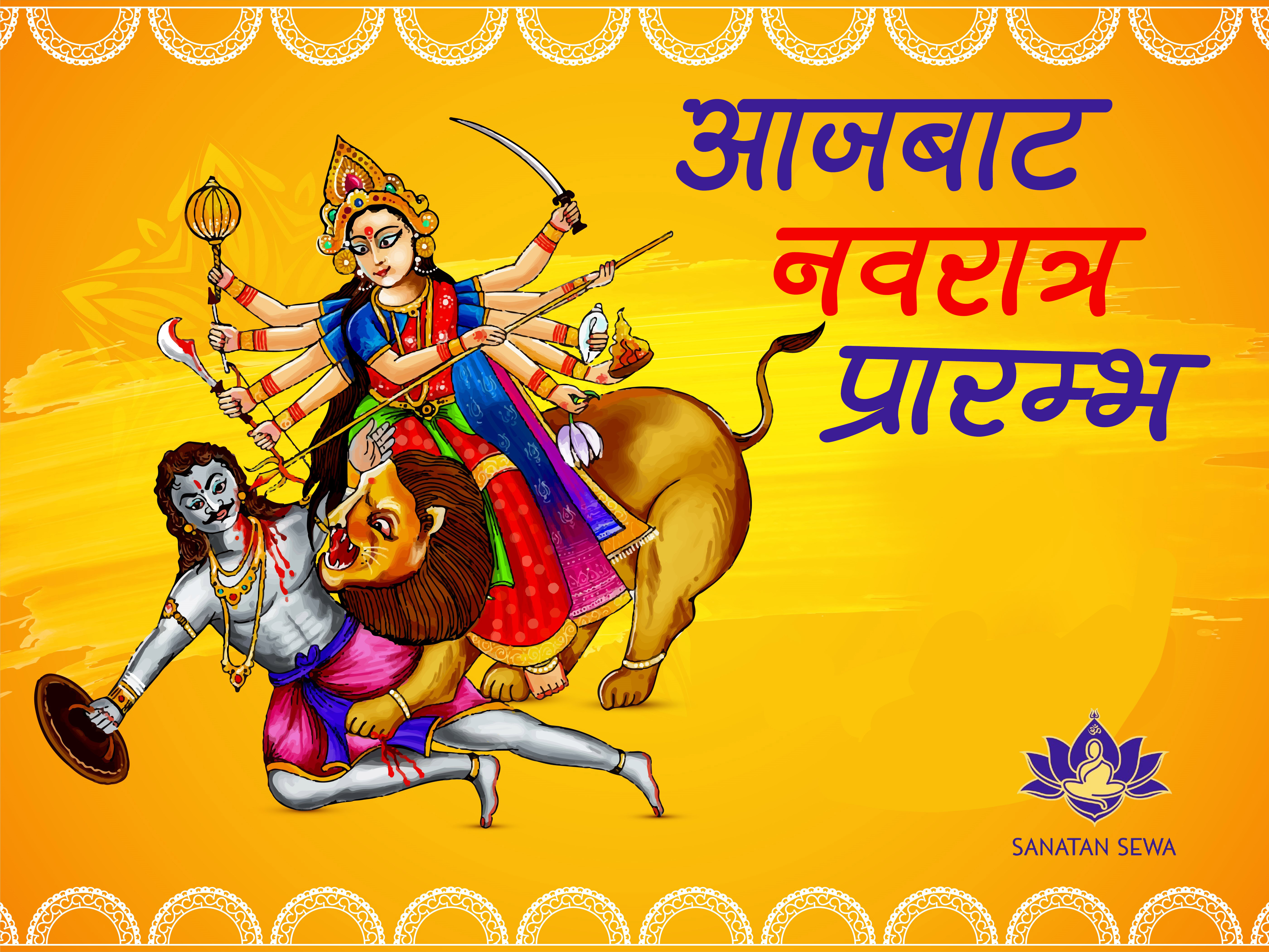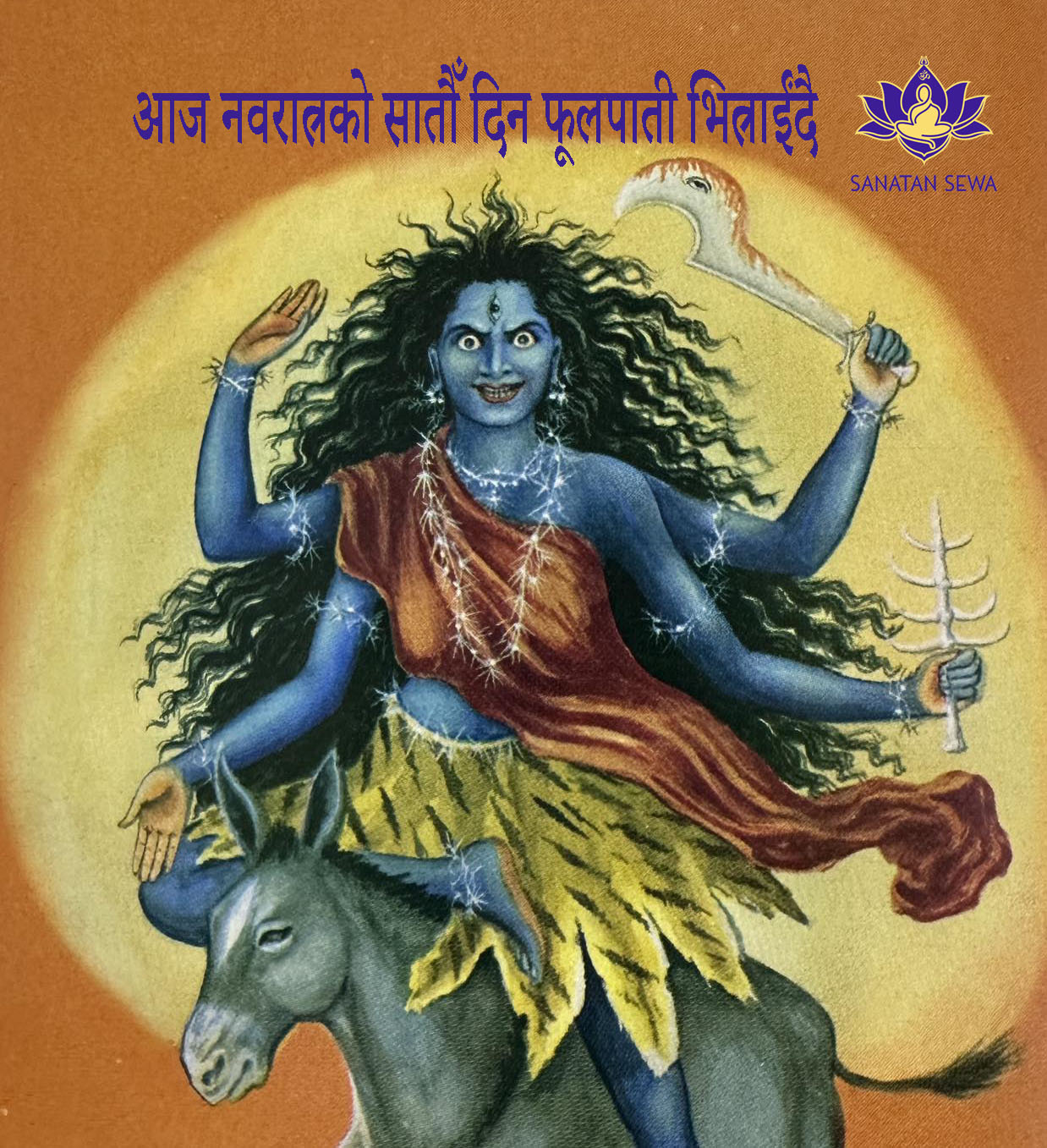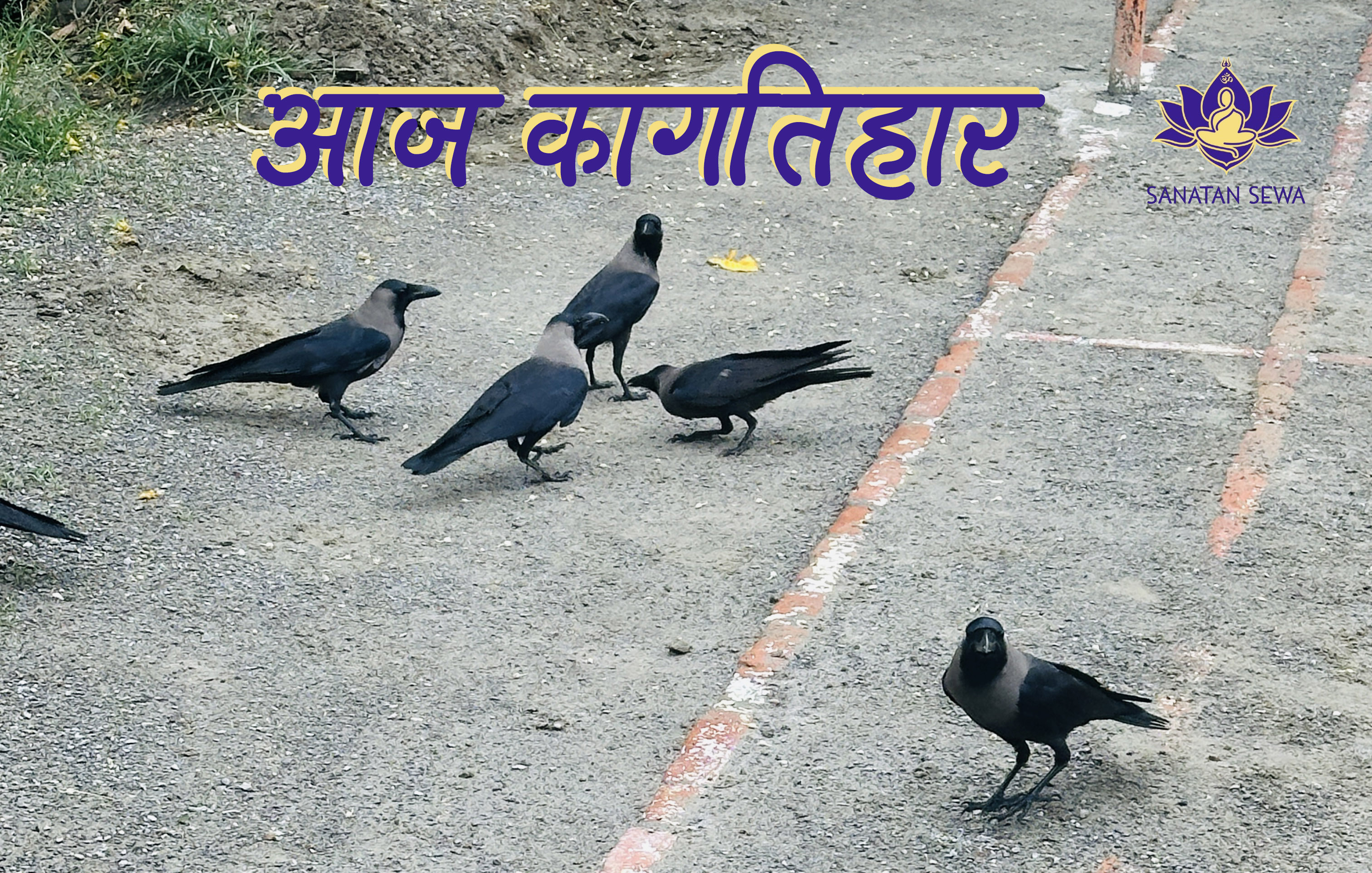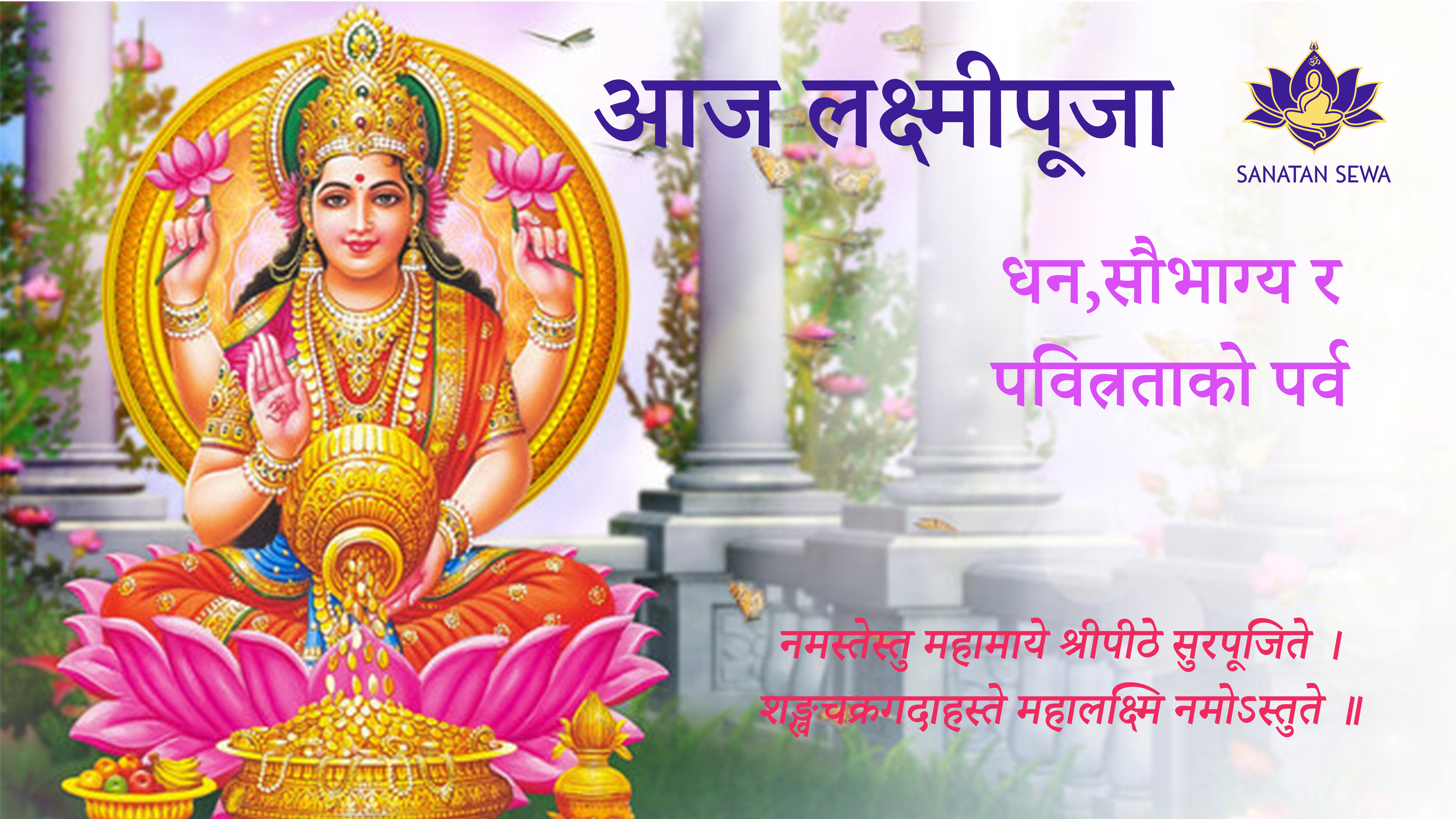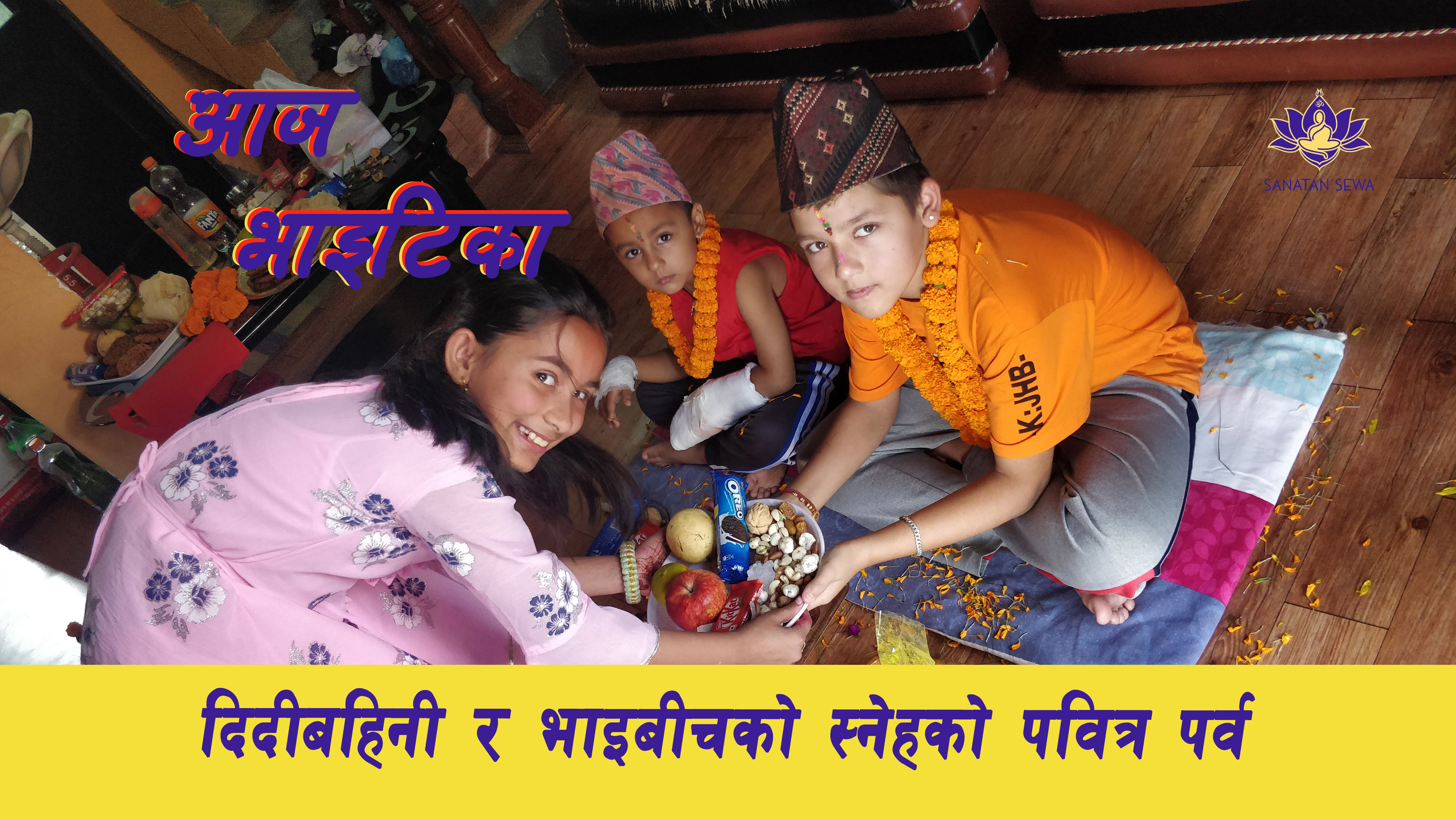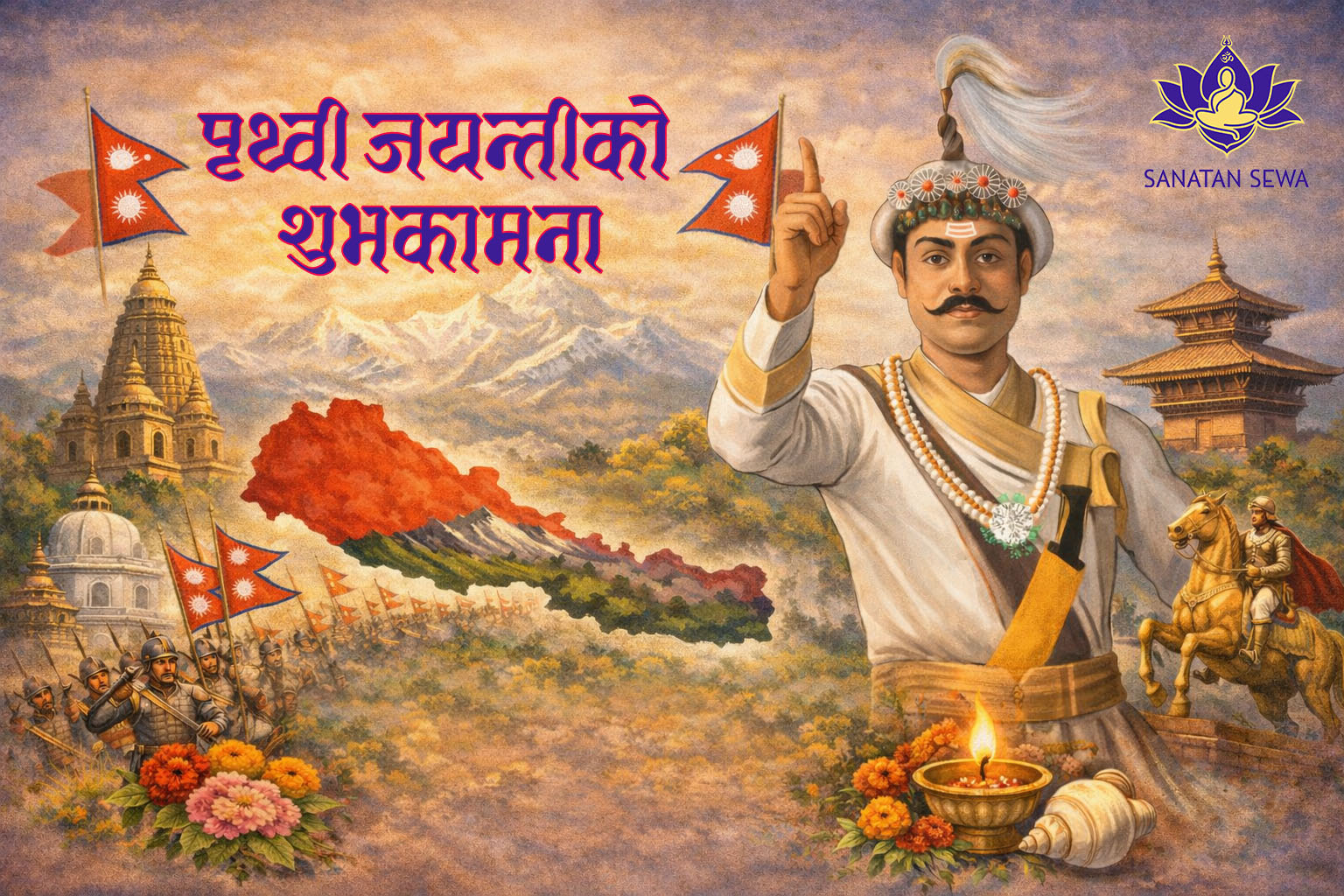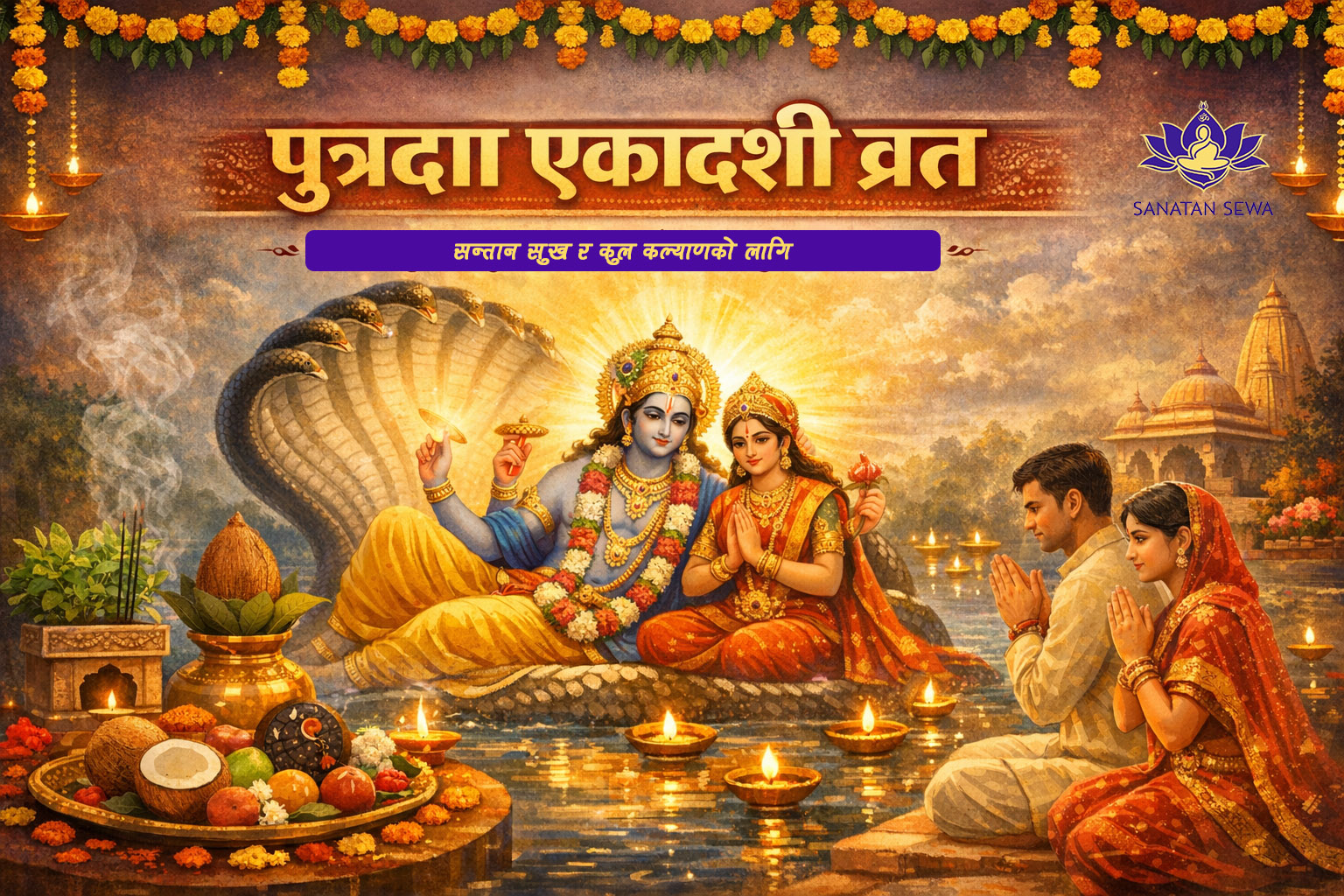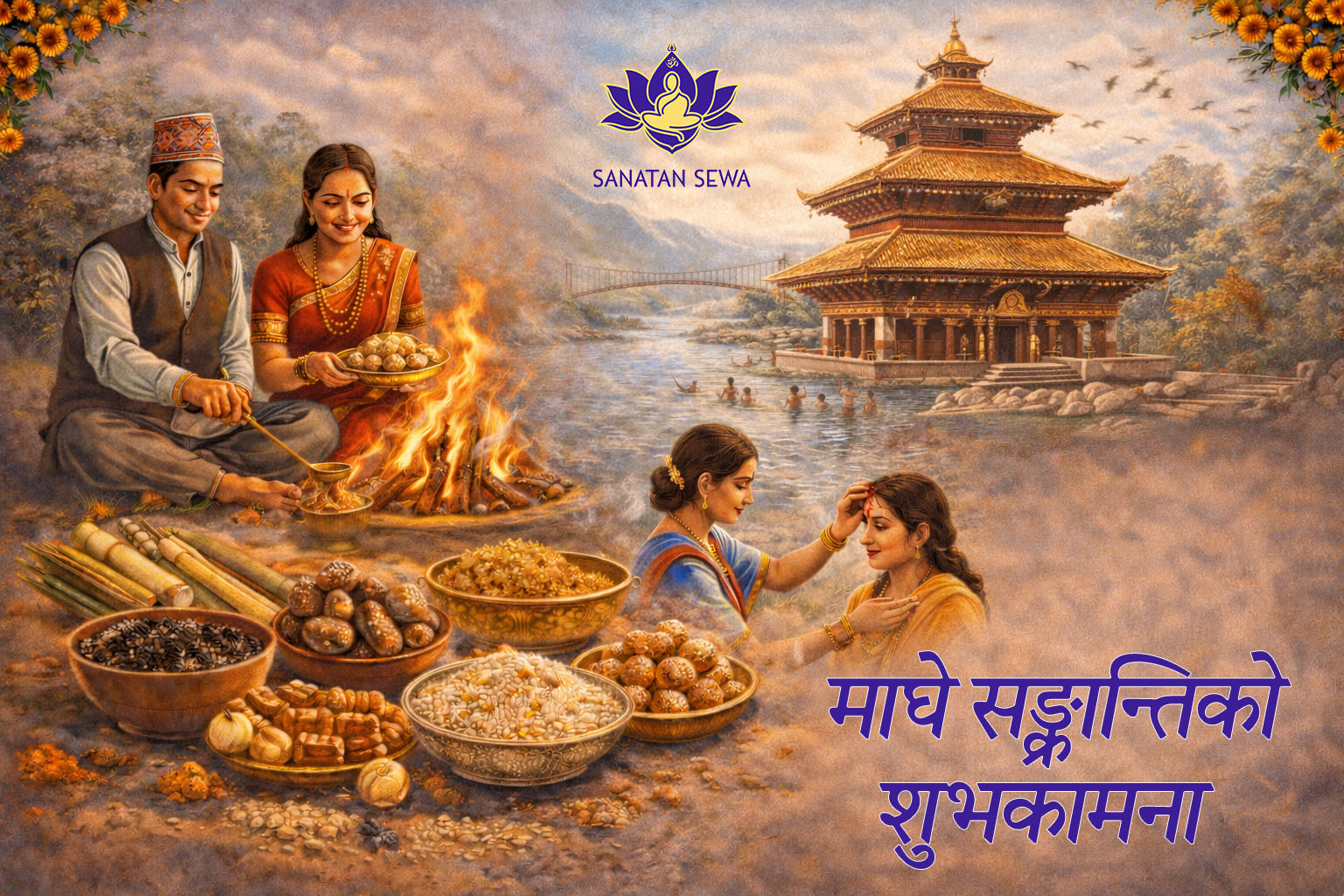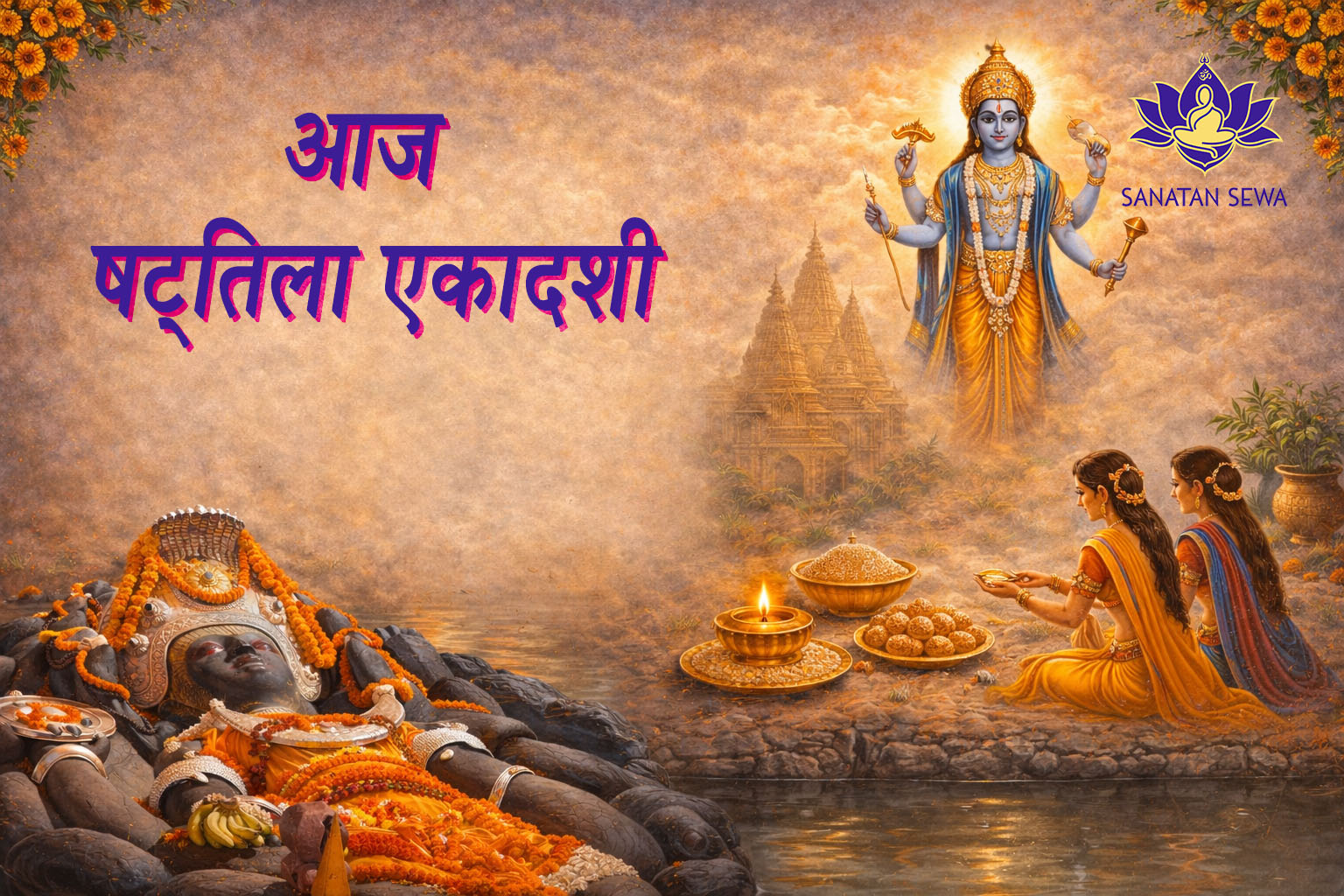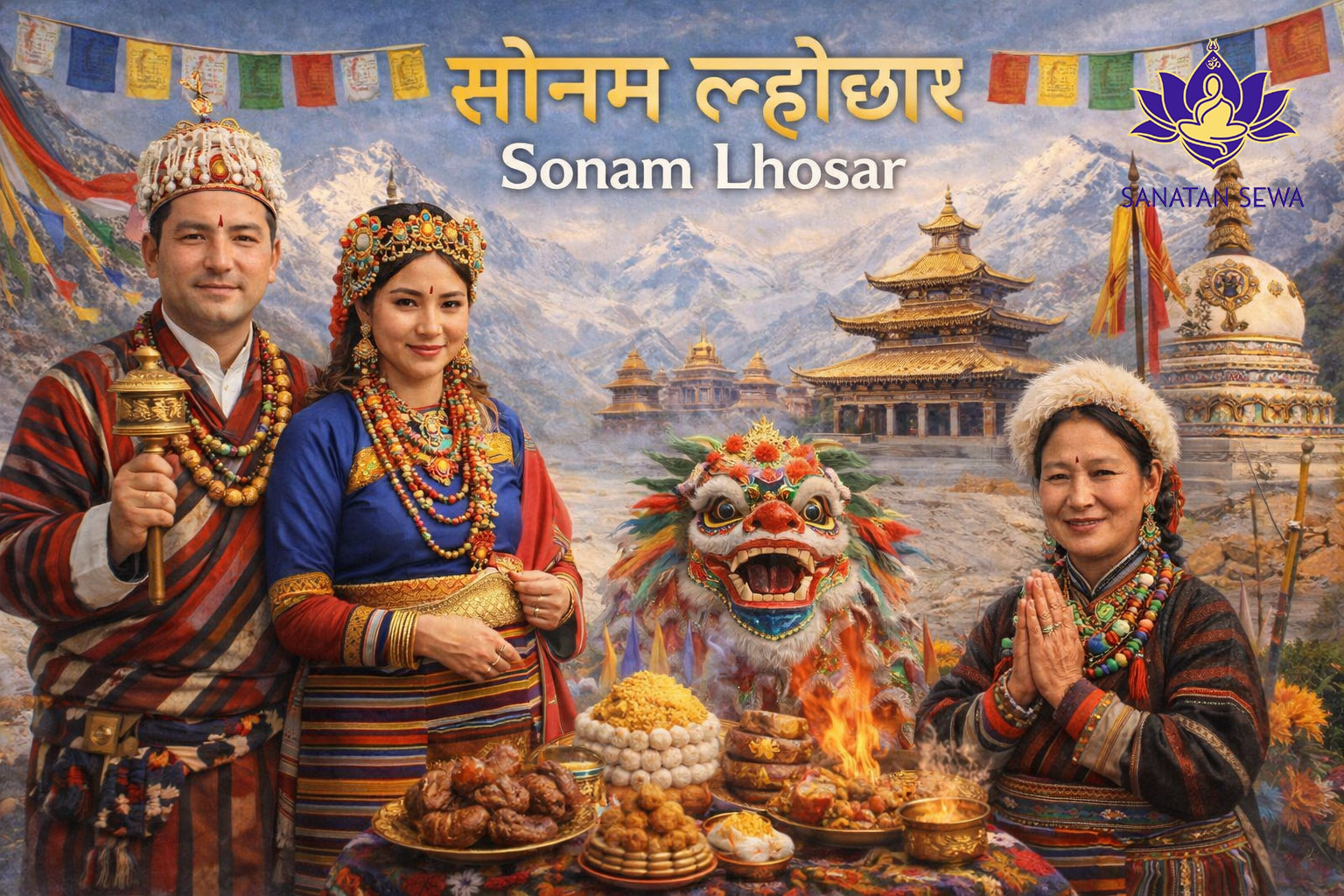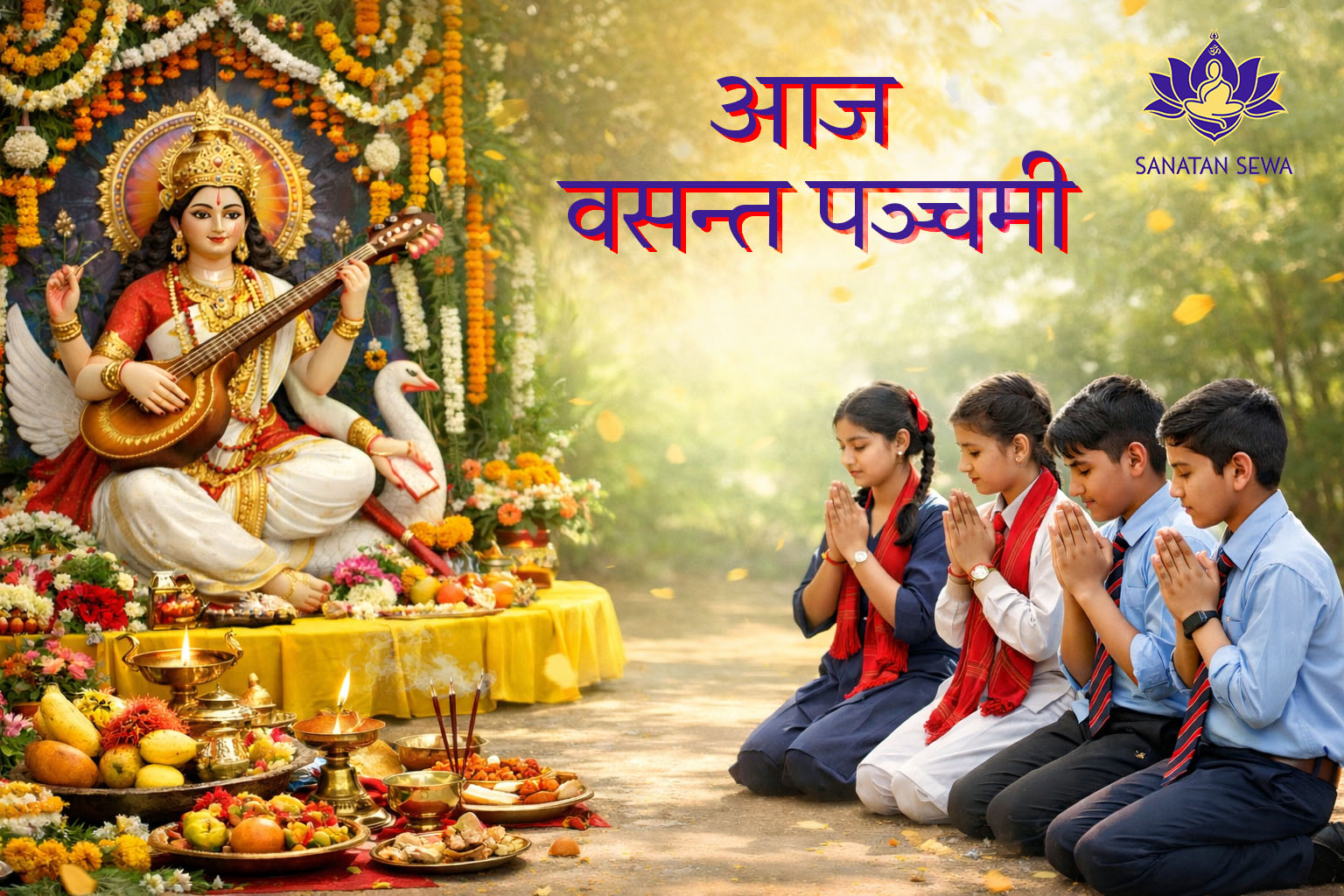In Nepal and throughout the entire Sanatan (Hindu) tradition, the Ekadashi fast holds profound religious, spiritual, and cultural importance. Among the twenty-four Ekadashis observed throughout the year, the Haribodhini Ekadashi of the bright fortnight of Kartik (Kartik Shukla Paksha)- also known as Prabodhini, Dev Uthani, Devotthan, or Tulsi Vivah Ekadashi- is regarded as especially sacred and rewarding. This day symbolizes the end of Chaturmas and marks the divine awakening of Lord Vishnu from his cosmic slumber.
According to the ancient Puranas, Lord Vishnu goes into Yoganidra (divine sleep) in the Kshira Sagara (Ocean of Milk) on Ashadha Shukla Ekadashi and awakens again on Kartik Shukla Ekadashi. The four months in between are called Chaturmas- a period during which celibates, saints, and householders practice restraint, simplicity, and purity. It is believed that on Haribodhini Ekadashi, Lord Vishnu awakens and resumes his divine activities for the welfare of the universe. Hence, this sacred day is known as Haribodhini- meaning “the day that awakens the consciousness of Hari (Vishnu).”
On this auspicious day, devotees take a holy bath early in the morning, wear clean clothes, and worship Lord Vishnu with full devotion. Water is offered to the sacred Tulsi (holy basil) plant, followed by Deepdaan (lighting of lamps), bhajans, kirtans, and satsang (spiritual gatherings). There is also a custom of floating flowers in rivers or ponds.
Worshiping Tulsi along with Shaligram (a sacred stone symbol of Vishnu) is considered highly meritorious. Devotees spend the night singing devotional hymns and remembering the name of Hari (God).
This day also marks the celebration of the Tulsi Vivah- the symbolic marriage of Goddess Tulsi and Lord Shaligram- which signifies the restoration of balance and auspiciousness in creation. Their divine union represents the sacred beginning of righteousness, devotion, and household life.
Haribodhini Ekadashi is not merely a religious observance but also a reminder of self-realization and the path of truth.
The vow teaches that true happiness and liberation (moksha) do not lie in external pleasures but in the purification of one’s inner self.
This day inspires devotees to embrace truth, discipline, and compassion in their lives.
According to the scriptures, observing this fast brings peace to the souls of ancestors, grants immense virtue, destroys sins, and opens the path to salvation.
The fast of Haribodhini Ekadashi purifies the mind, speech, and actions, and fills life with the light of devotion, faith, and truth.
